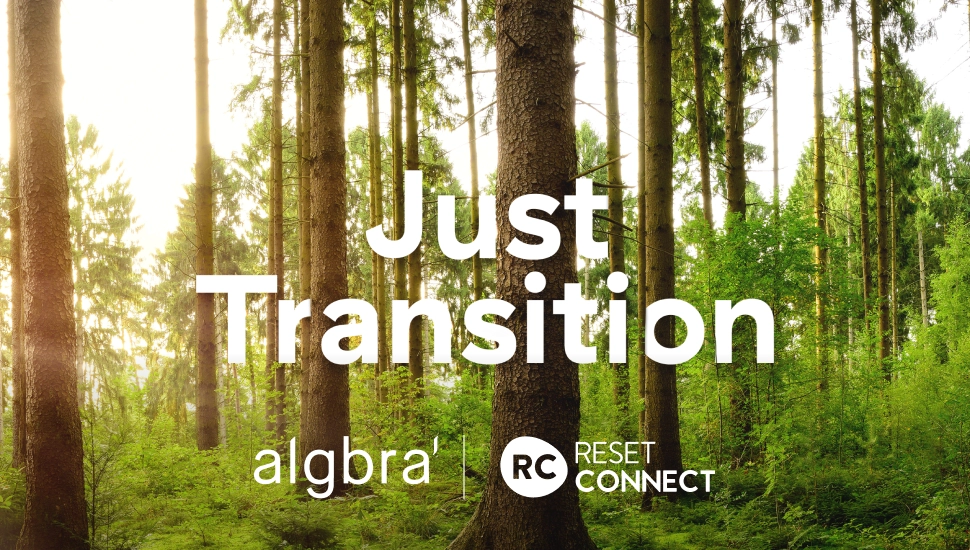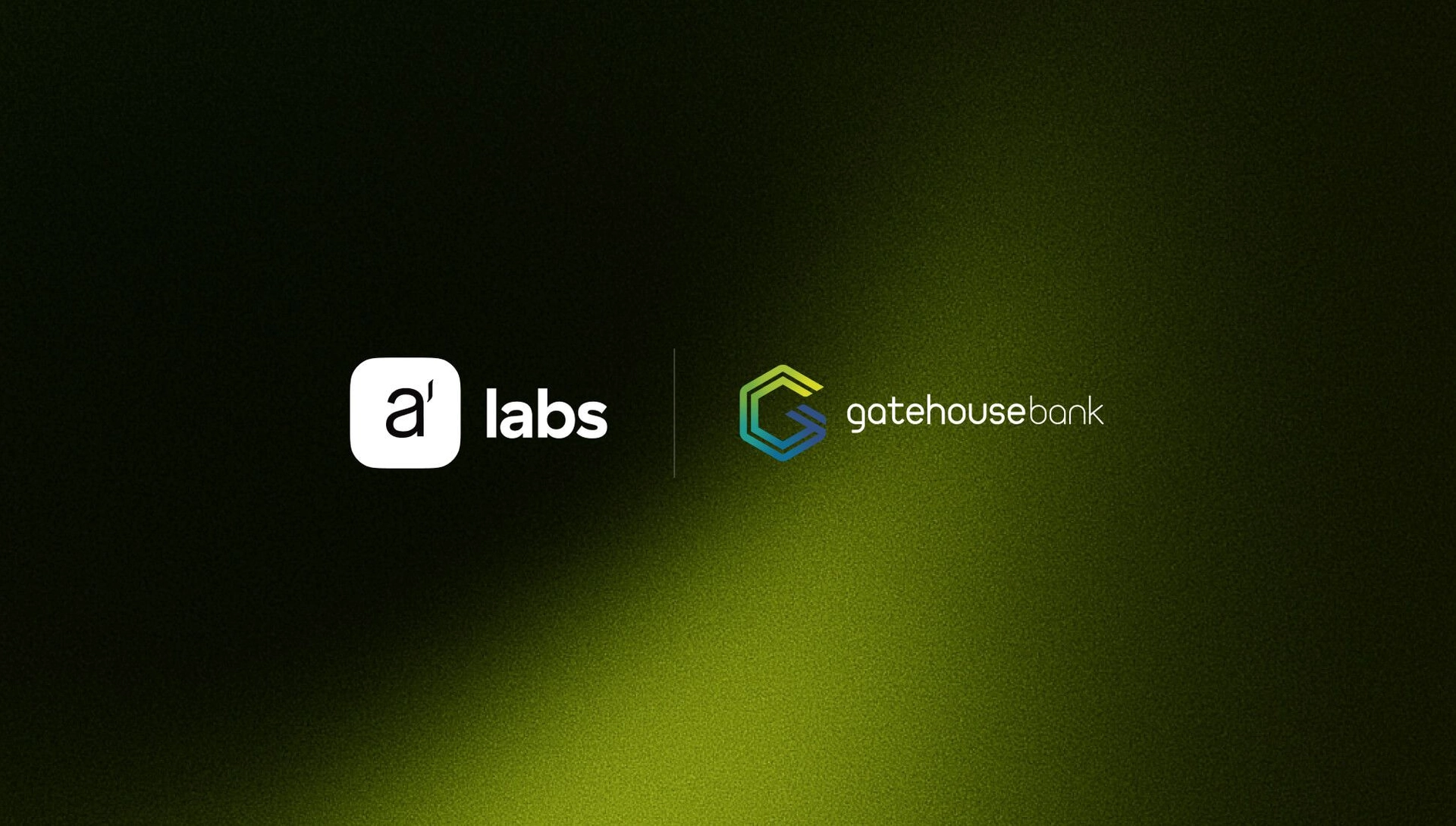As the dust begins to settle on COP27, leaders in government, business and civil society must now deliver on well-publicised promises. The conference underlined the urgent need to address the social and environmental issues that impede the transition to a more equitable, empowered and sustainable world. A Just Transition – the process by which a balanced, thriving and net-zero society is achieved without increasing existing socio-economic inequalities – should be our collective goal. But is it achievable?
What is the current state of affairs?
It’s 2022 and the key environmental metrics of our planet make sobering reading. We have just reached the milestone of a global population of 8 billion, and yet global inequality is rising, pushing wealth disparities back to early 20th Century levels. Currently, the richest 10% of people own 76% of total wealth, while the poorest half of the population owns just 2% of this overall share. Concurrently, it is increasingly likely that global temperature will reach the pivotal level of 1.5 °C above pre-industrial levels in the next five years, while wildlife populations have declined by an average of 69% in the past 50 years.
Business impact strategies often overlook the fact that climate change disproportionately affects marginalised communities – the very people who make the smallest contribution to the problem. If these groups are not prioritised in the transition towards net-zero, we risk exacerbating existing inequalities.
On the eve of COP27, UN Secretary General António Guterres explained the stark reality that we all face today:
“Humanity has a choice: cooperate, or perish.”
Just Transition
The problem of greenwashing has shown us all that actions speak louder than words. The increasing focus on ESG in business indicates some level of progress, but further cooperation and holistic thinking is needed. Fundamentally, we must realise that social issues are interconnected to the climate and ecological crises, and that the creation of a more sustainable society could – and should – create a more empowered and equitable society for everyone.
In recognition of the key role business can play in achieving a Just Transition, Algbra and Reset Connect – the UK’s leading sustainability and net-zero event – joined forces to bring together a panel of industry leaders for a progressive, pragmatic and lively discussion on this important topic. Some of the evening’s key themes are explored below.
How to conceptualise a balanced, thriving and net-zero society
Erinch Sahan of the Doughnut Economics Action Lab (DEAL) emphasised the need to transform our business structures if we are to meet the needs of all people within the means of the living planet. He introduced the recently-released Doughnut Design for Business tool – a pragmatic guide that shows businesses how they can become regenerative and distributive in their strategies, operations and impacts. Such tools can help us to overcome the ‘take, make, use, lose’ model, which captures the essence of the degenerative yet enduring system of fossil fuel extraction.
Fossil fuels
The role of finance was at the heart of the event’s discussions and was described as pivotal in facilitating the Just Transition. While investment into renewable energy is growing, fossil fuel financing from the world’s 60 largest banks reached USD $4.6 trillion in the five years since the adoption of the Paris Agreement (2016-2022). This reveals that much of the global finance community is still some way from recognising the urgent need for decarbonisation, and highlights the need for them to support the sustainable development of global communities through distributive and regenerative projects.
Impact investing
David Krivanek of the Impact Investing Institute highlighted the key role played by investors, suggesting that the largest investment institutions should be held to account over their ESG impact. Crucially, David is observing positive trends of investors and governments being increasingly focused on their social and environmental impact, and predicts that this will continue.
Ethics and commercial success
Cansu Deniz Bayrak, Partner at Europe’s leading early stage impact-driven VC, Bethnal Green Ventures, and Jocelyn Tasker of Octopus Electric Vehicles both firmly believe that businesses do not need to compromise their ethics and impact in order to be successful. Jocelyn also underlined the commercial importance of ethical alignment, emphasising how Octopus Electric Vehicles matches its values with those of its clients, driving us toward a cleaner, greener, and more affordable future.
Individual impact
Whilst businesses clearly have more work to do, individuals can also make a crucial, tangible difference. Notably, Cansu pointed out that the largest carbon footprint of most individuals comes from their pension investments. We feel that this should catalyse a call to action: each of us has agency in achieving a Just Transition, so let’s make investment choices that align with our values and goals, on both a professional and personal level.
Closing remarks
To achieve a Just Transition, businesses must see social and environmental goals as inextricably intertwined. We will also need societal collaboration between businesses, NGOs, governments and individuals. At the heart of this transition lies the pharmakon that is finance – this will either be the poison or the cure depending on what values it is built on. Money makes the world go round – how we choose to manage our money today will determine our tomorrow. To ensure that finance creates a more balanced and sustainable world, we must create impact-driven alternatives that do not require consumers and organisations to compromise on quality or price. This will ensure that they are internationally competitive, and can be adopted at a scale that would generate meaningful, structural change. At Algbra, our goal is to create the world’s most ethical financial institution.
Join us in contributing to a Just Transition by downloading the Algbra app on Android and iOS today.




